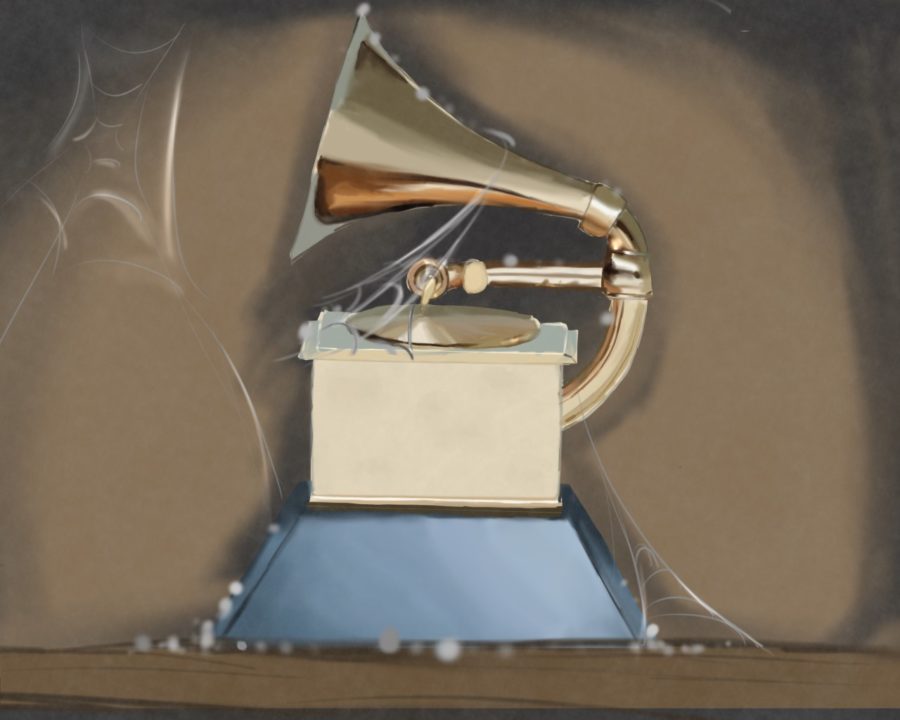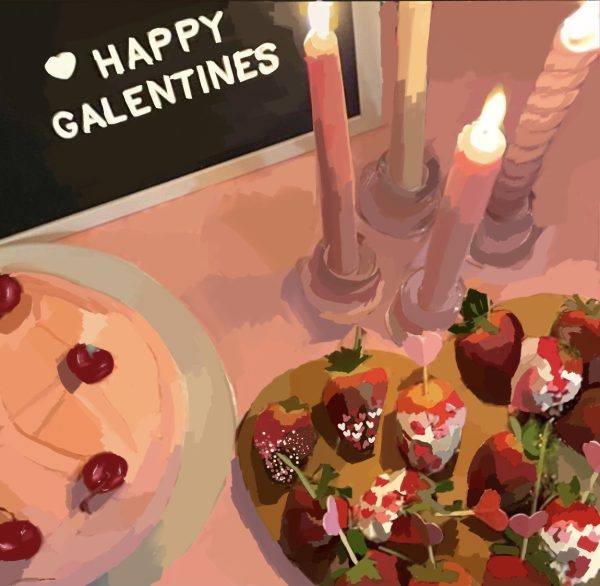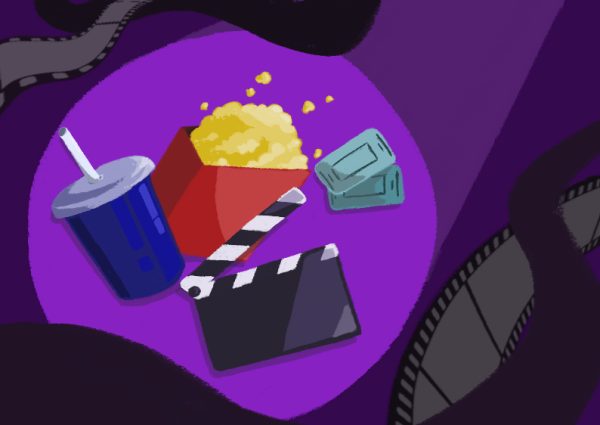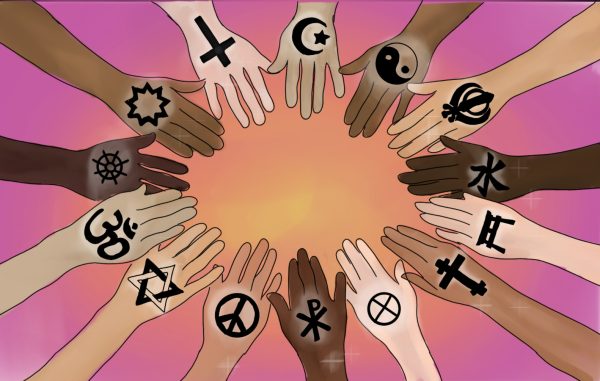The TikTokification of Music
November 23, 2022
You turn on the radio and instantly recognise the catchy tune. It’s the same one that’s been flooding social media. The same one that’s overtaking your screen with endless videos featuring the same snippet of a song. It seems impossible to escape this newly viral hit.
For the last few years, Tiktok has held the music industry in a chokehold; its influence especially prominent in the resurgence of older hits on the charts. When a video featuring “Dreams” by Fleetwood Mac went viral, it led to the band being featured on the Billboard 100 for the first time in 43 years. Decades-old songs are becoming increasingly popular on the app, drawing in users with the promise of nostalgia and the romanticisation of a time long gone.
On the flip side, Tiktok is a gold mine for undiscovered and unsigned artists to become mainstream. Hundreds of thousands flock to social media, creating carefully curated videos all with the hope their music will be noticed by the right people. However, there are so many factors that aspiring musicians have to consider, making it less about who has the best songs and more about who has the most influence on social media. Certain video lengths get the most likes, certain hashtags appeal to different audiences, and certain snippets gain the most popularity. All of this is being achieved while clinging to the hope that enough people will double-tap.
TikTok celebrities who already amass a colossal number of followers and social media skills, are starting to cross onto the music scene, powered with wealth and plenty of autotune. These individuals possess the influence and the resources to kick-start their careers but are in dire need of genuine vocals and talent. Take for example Addison Rae, who is extremely well-known on the app for her dancing and lip-syncing. She recently released her debut single ‘Obsessed’, which has drawn controversy for its lack of ingenuity and substance. Yet, her song has currently accumulated over 45 million streams on Spotify, showing that despite the controversy, it is still earning her even more fame and wealth. Listeners are drawn in by name and name alone, foregoing actual quality in favour of reputation.
While social media darlings-turned-musicians breeze through the music scene unscathed, unsigned users struggle to get their songs heard. Millions of aspiring performers compete for fame. For example, the #singing movement on TikTok currently boasts 76.5 billion views. Out of these videos, maybe a handful will go viral, automatically inspiring other users to upload their short clips to the sound. This seems to be the trend with musicians on the app. Artists swiftly accumulate millions of listeners, then seem to fade into thin air, just as quickly replaced with the new hottest thing. There is a consistent cycle of singers being dropped as soon as something seemingly fresher is discovered.
This craving for the most recent music has led to an army of one-hit wonders being created. Hundreds of aspiring artists were famous for a moment or two – but just as easily forgotten, their only trace of a legacy in the songs they wrote. While one-hit wonders are of course no new feat, the amount of them has drastically increased in the current age of technology. With such easy access to millions of other deserving musicians, it is no wonder why vocalists are being disregarded at such a high rate. Social media is a breeding ground for individuals to break onto the scene, but also the cause of their downfall.
In contrast, influencers/singers don’t face the one-hit wonder curse. Even if their music fails spectacularly, they will always have those millions of followers waiting for them. They have that safety net, packed with PR teams and managers to ensure their career stays afloat. They are drastically privileged in comparison to the humble indie artist.
This is of course in no way intended to diminish the music careers of people who gained fame from TikTok, but rather provide insight into the colossal amount of privileges they experience. There is currently a stark difference between the two groups, and I believe that gap needs to be bridged before even more individuals fall victim to the one-hit-wonder curse.













